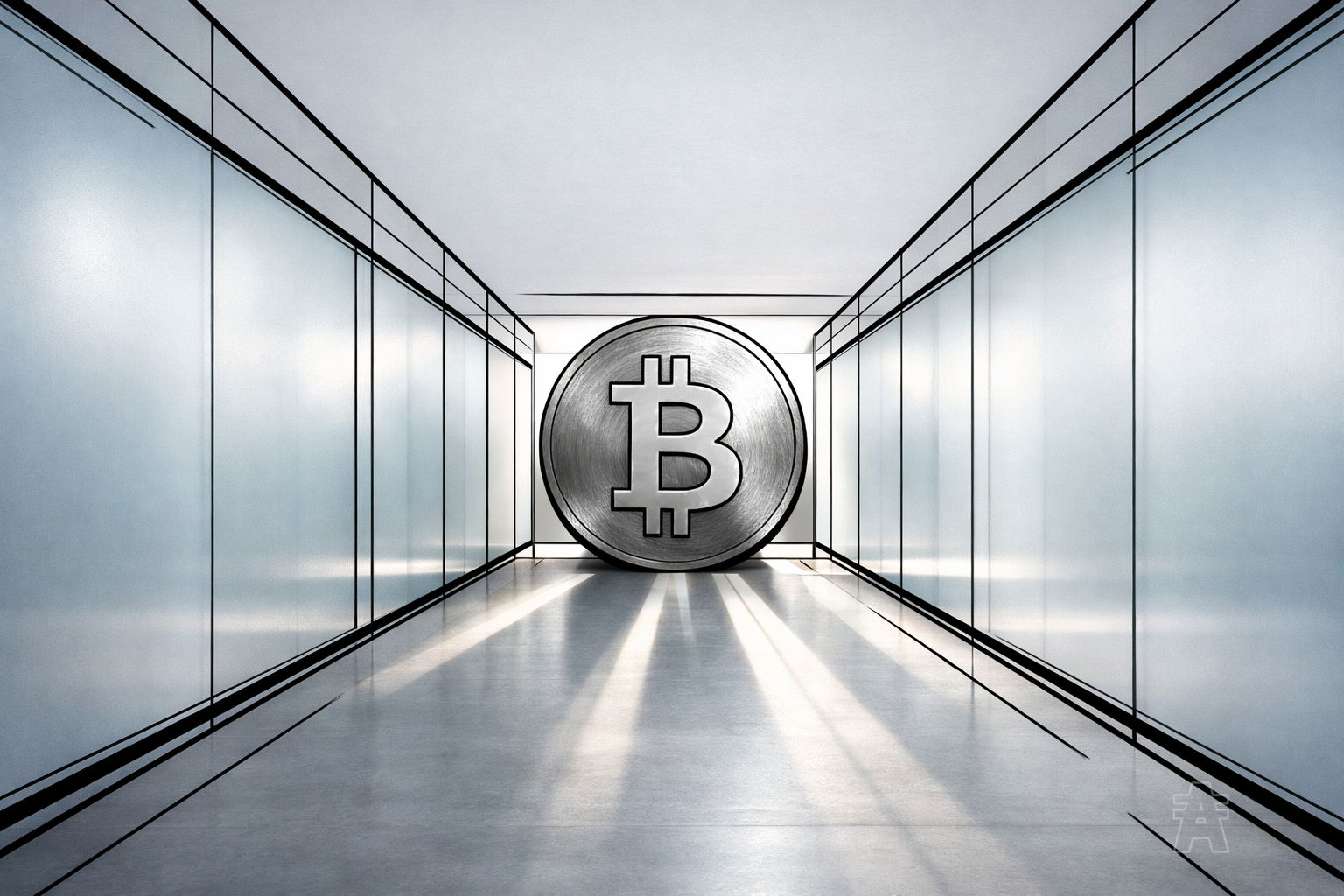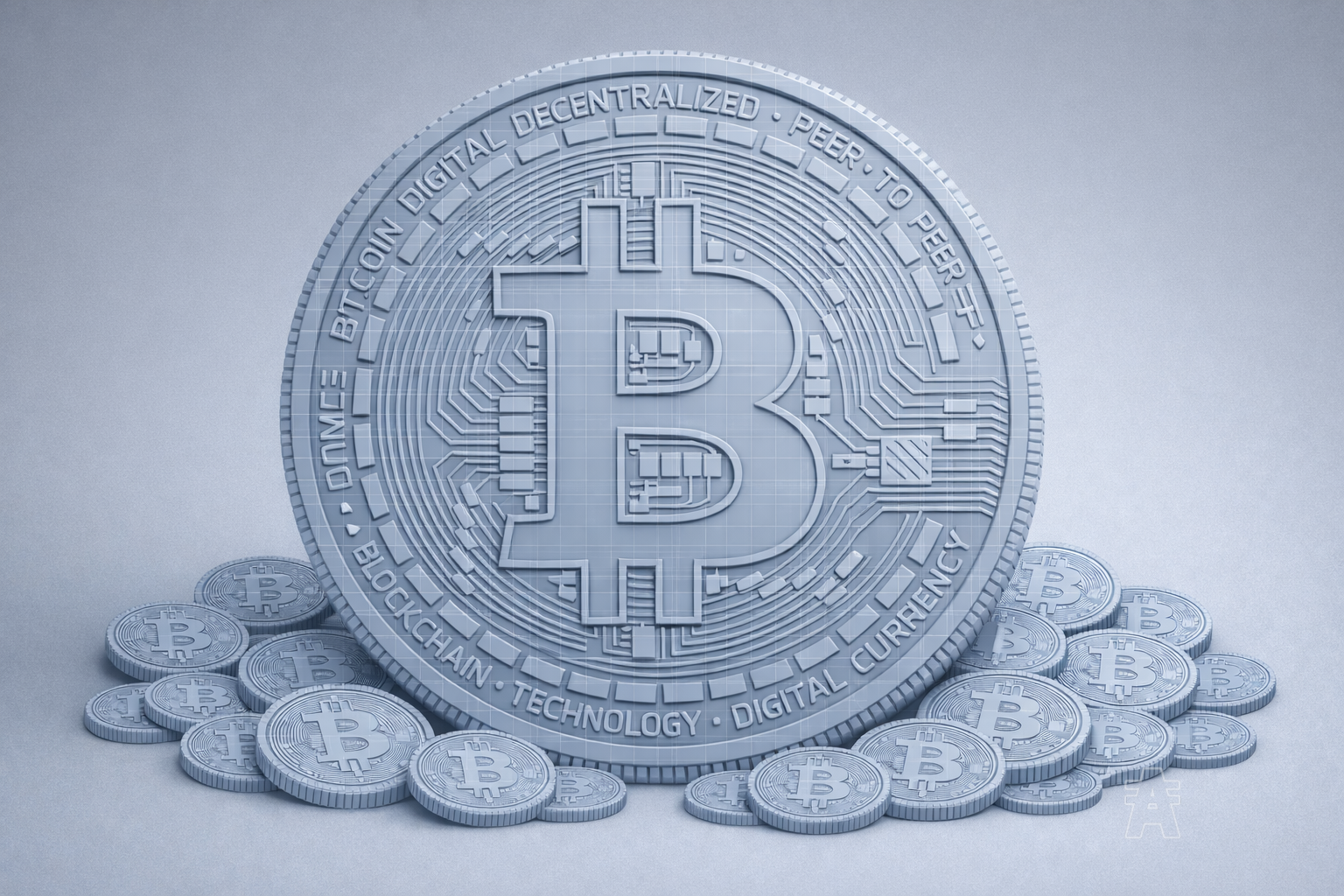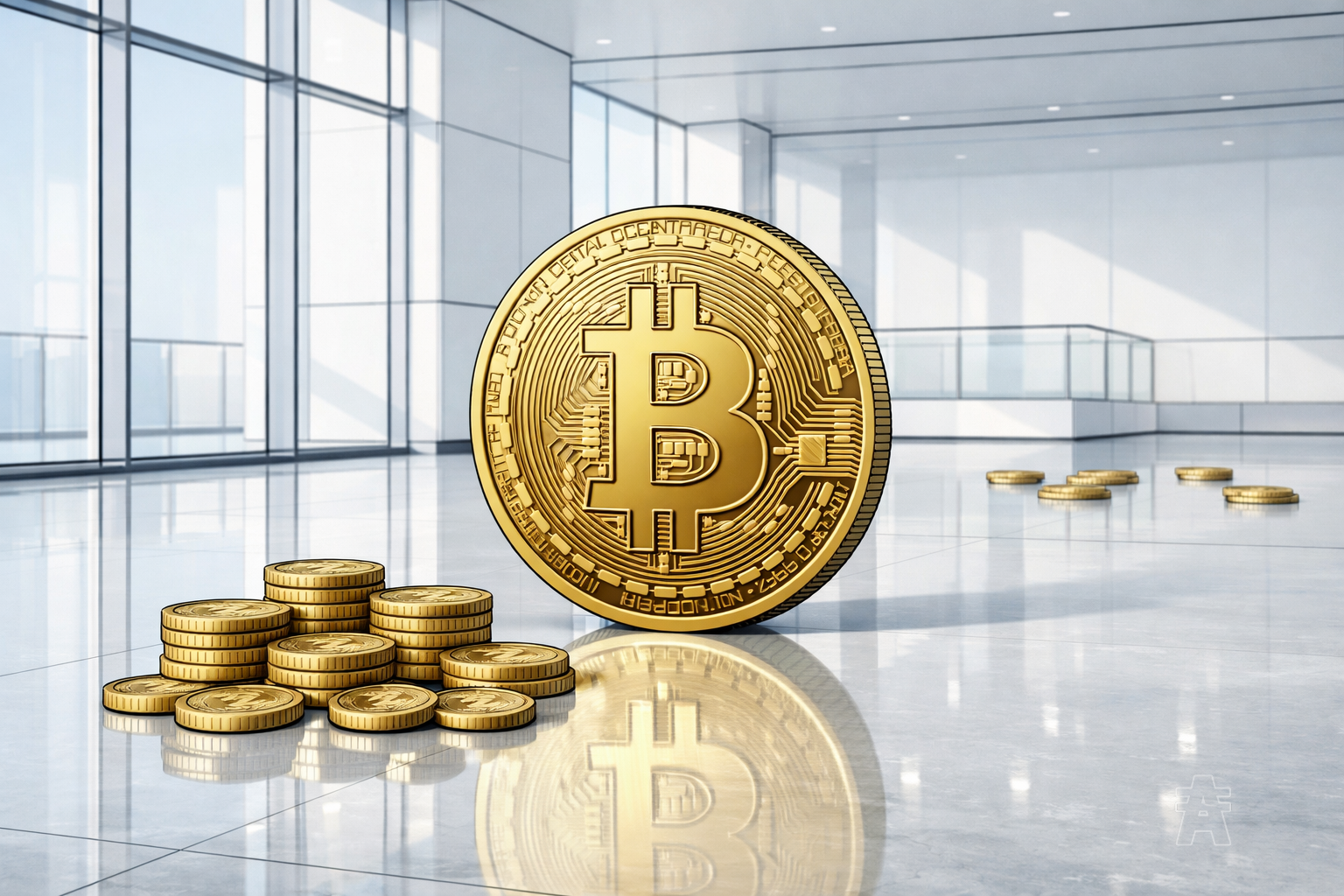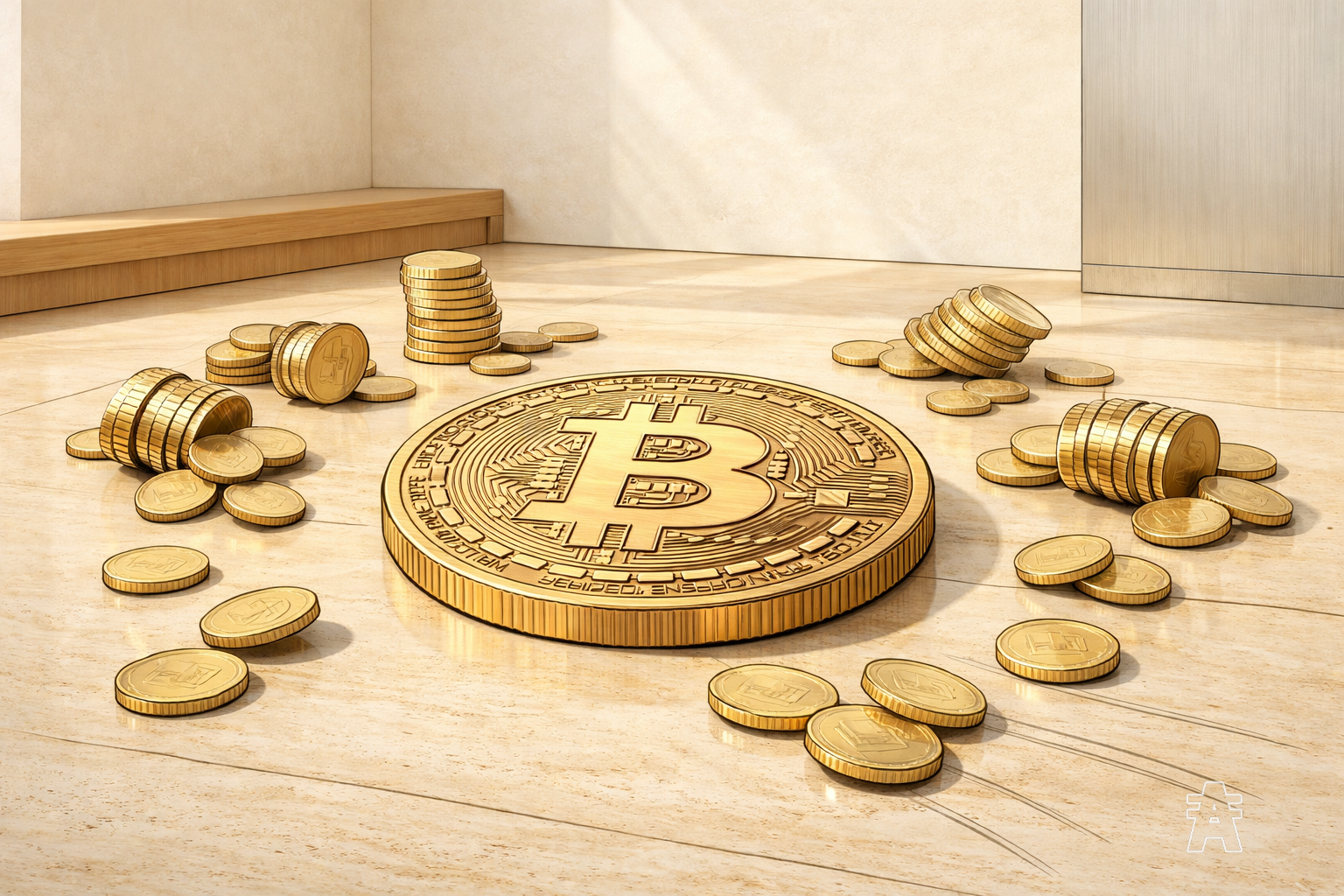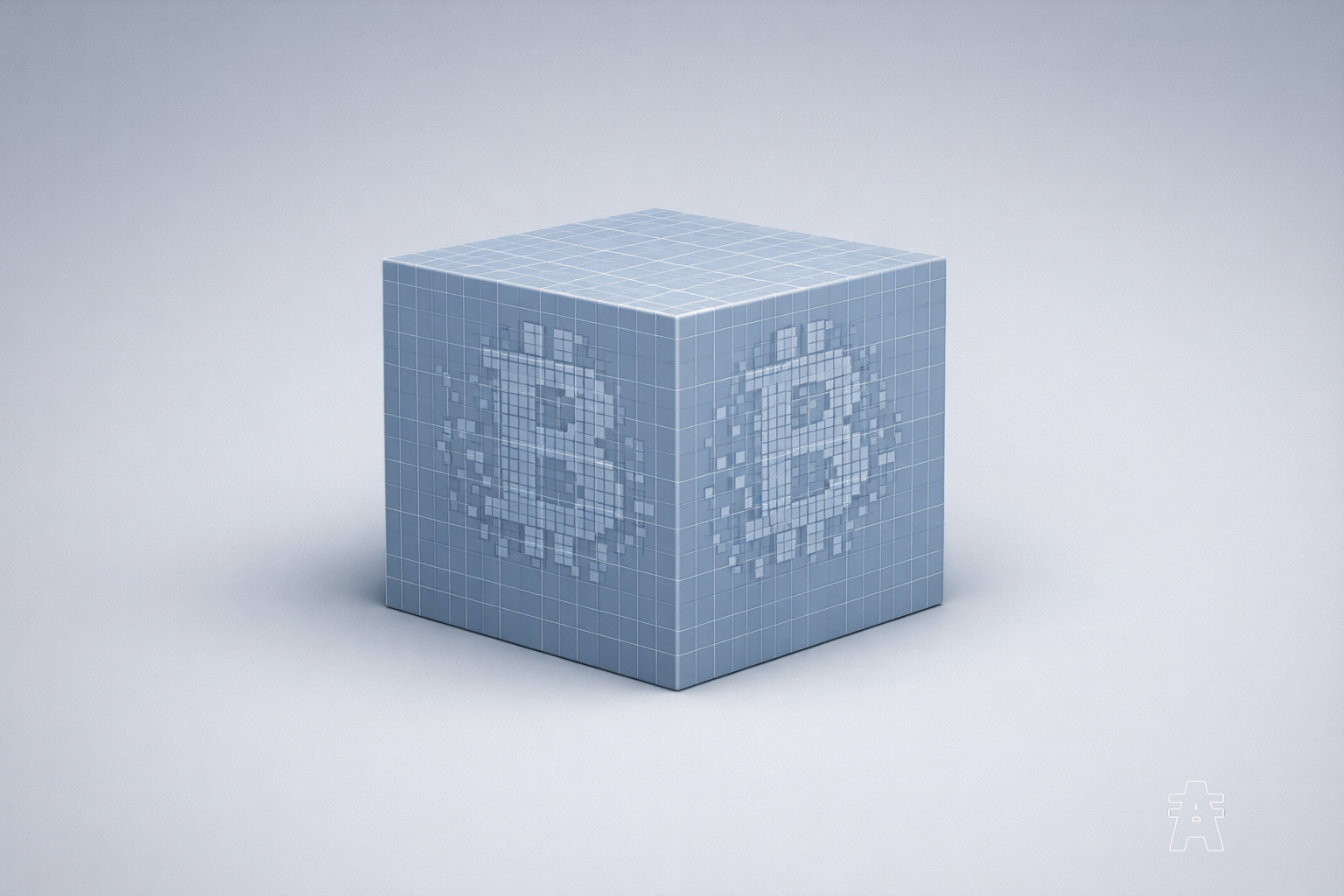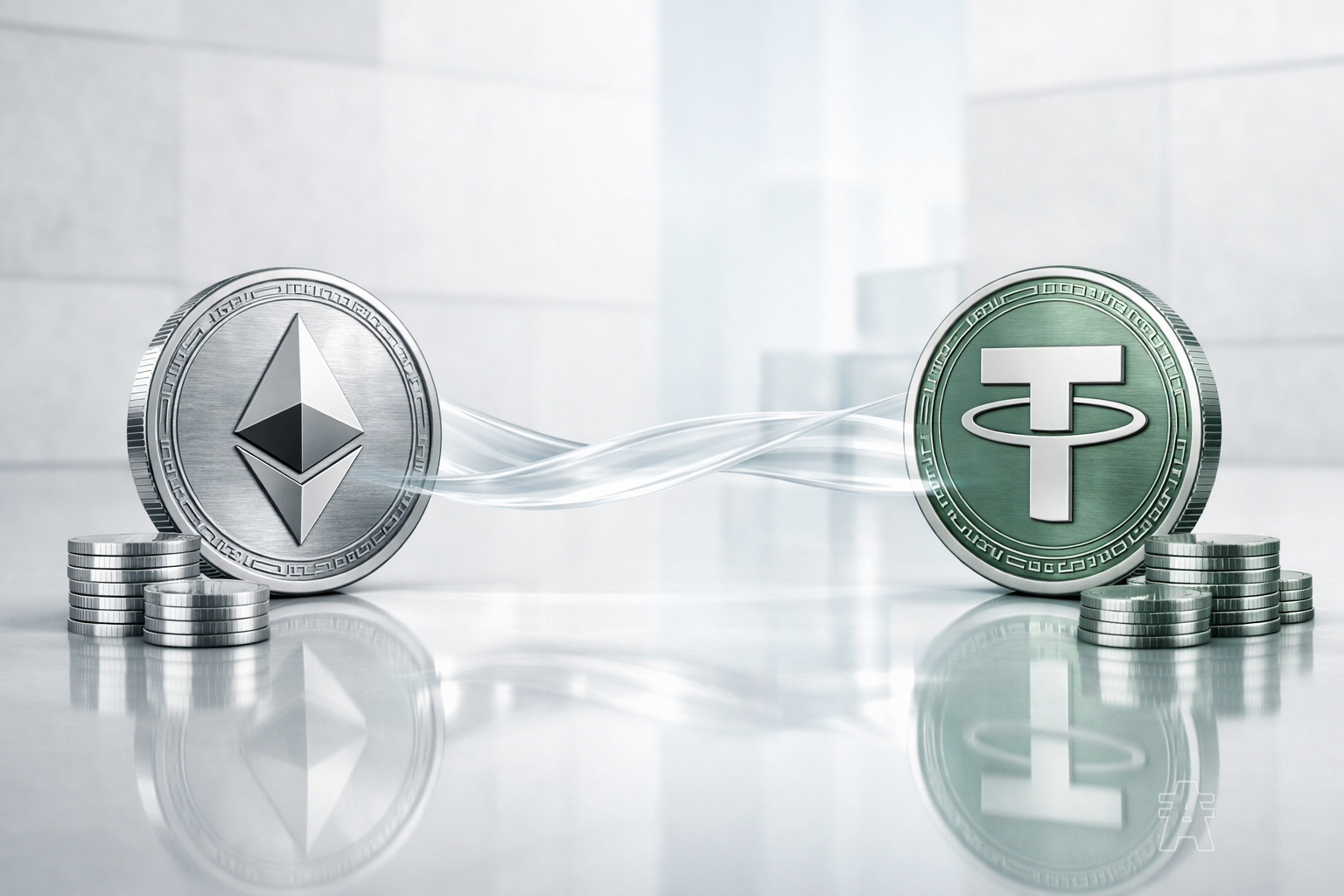Table of Contents
Gold, the most popular long-term investment has stood the test of time, revered as a symbol of wealth and security for centuries. On the other hand, the 21st century has introduced the world to Bitcoin, a digital currency that has sparked both intrigue and skepticism.
As Bitcoin continues to make headlines and disrupt the traditional financial system, a pressing question emerges among investors:
Gold or Bitcoin - which is the better investment?
To help answer this question, this article delves into the historical context and key features of both assets to provide a comprehensive comparison of the benefits and drawbacks of both investments.

The Historical Context
First, let's look into the historical context of both Gold and Bitcoin.
Gold:
Gold's lustrous appeal has been cherished since ancient civilizations. From the Egyptian pharaohs to the Roman Empire, gold has been a cornerstone of wealth, power, and trade.
Gold's intrinsic value made it a preferred medium of exchange, and by the 19th century, it became the backbone of the global monetary system, with many countries adopting the gold standard.
Over the years, while currencies have risen and fallen, gold has maintained its position as a reliable store of value, often acting as a safe haven during economic uncertainties.
Bitcoin:
The world was introduced to Bitcoin in 2009 when an anonymous entity, known as Satoshi Nakamoto, released a whitepaper detailing a decentralized digital currency. Unlike traditional currencies, Bitcoin operates without a central authority, relying on a technology called blockchain.
Initially perceived as an obscure digital token, Bitcoin's value was negligible. However, its decentralized nature and potential to offer financial freedom garnered attention. By the 2010s, Bitcoin transitioned from being a topic of niche internet forums to a globally recognized asset, drawing both admiration and criticism.
Key Features Comparison
Liquidity:
- Gold: With a well-established market spanning across continents, gold boasts high liquidity. Whether in the form of bars, coins, or jewelry, gold can be easily traded or sold, making it a preferred choice for many investors.
- Bitcoin: As a digital asset, Bitcoin's liquidity is tied to online exchanges. While major exchanges facilitate quick buying and selling, the liquidity can vary based on the platform and market conditions however generally there is tremendous liquidity when it comes to Bitcoin, and quickly and easily exchangeable.
Price Volatility:
- Gold: Historically, gold prices have exhibited stability, with occasional fluctuations influenced by global economic factors. Its price tends to rise during economic downturns, making it a favored hedge against market volatility.
- Bitcoin: In stark contrast, Bitcoin is known for its price volatility. Influenced by media coverage, regulatory news, and market sentiment, Bitcoin's price can witness significant swings within short time frames. These price swings and rapid price appreciation are also what has made Bitcoin so popular.
Utility:
- Gold: Beyond its investment appeal, gold has multifaceted uses. It's a key component in jewelry, electronics, and even certain medical applications. This diverse utility reinforces its value in the global market.
- Bitcoin: Predominantly known as a digital currency, Bitcoin's utility is currently limited. However, the rise of Decentralized Finance (DeFi) platforms is expanding Bitcoin's potential use cases, from lending and borrowing to more complex financial instruments.

Bitcoin vs. Gold: Price Comparison Over Time
Gold, a tangible asset with millennia of value recognition, has seen its price steadily appreciate over time, with occasional spikes during economic downturns or geopolitical tensions. Its price has been influenced by factors such as inflation rates, central bank policies, and global economic health.
Bitcoin, on the other hand, introduced in 2009, experienced a relatively quiet inception. However, its price skyrocketed in the 2010s, driven by growing investor interest, media attention, and its adoption as an alternative investment and the Bitcoin bull and bear markets have received a lot of attention in recent years.
Notably, while gold's price movements have been more gradual and less volatile, Bitcoin's price has witnessed dramatic fluctuations, with periods of rapid appreciation followed by sharp corrections. For instance, during the COVID-19 pandemic, while gold saw a significant but measured increase, Bitcoin's price trajectory was meteoric, reaching all-time highs and solidifying its nickname as "digital gold."
Economic Impact
Gold:
- Gold's economic significance is deeply rooted in its history. During times of financial uncertainty, investors often flock to gold, viewing it as a stable store of value. Its non-correlation with traditional stock markets makes it a preferred choice during market downturns. For instance, during the 2008 financial crisis, while stock markets plummeted, gold prices surged, reaffirming its position as a safe-haven asset.
- Furthermore, central banks across the globe hold vast reserves of gold, underscoring its role in the global economic framework.
Bitcoin:
- Bitcoin's economic impact is still unfolding. Its decentralized nature challenges traditional financial systems, offering an alternative to conventional banking. During the COVID-19 pandemic, while many assets faced devaluation, Bitcoin's price soared, leading some to label it as "digital gold." Its resilience during such a global crisis has sparked debates about its potential role in future economic systems.
- Additionally, Bitcoin's capped supply (limited to 21 million coins) introduces a deflationary aspect, contrasting with traditional fiat currencies which can be printed in unlimited quantities.

An Investment Perspective
In this section, we will look at the comparison of Bitcoin and Gold from the perspective of risk and rewards, diversification, and longevity.
Risk and Reward:
- Gold: Gold's track record as a stable asset makes it a relatively low-risk investment. While it may not offer the exponential returns of more volatile assets, its steady appreciation over time combined with its hedging properties makes it a valuable component in diversified portfolios.
- Bitcoin: High risk often comes with high reward, and Bitcoin epitomizes this. Its price can experience sharp increases, but it can also face steep declines. Investors venturing into Bitcoin should be prepared for its volatile nature and potential for both significant gains and losses.
Diversification:
- Gold: Incorporating gold into an investment portfolio can provide diversification, potentially reducing overall risk. Its tendency to move inversely to stock markets can offset losses during economic downturns.
- Bitcoin: As a relatively new asset class, Bitcoin offers diversification benefits. Its price movements, often independent of traditional markets, can provide a hedge against systemic risks.
Longevity:
- Gold: With thousands of years as a cherished asset, gold's longevity is unquestionable. Its tangible nature and diverse utility ensure its continued relevance.
- Bitcoin: Being just over a decade old, questions about Bitcoin's longevity are natural. While its future is still uncertain, its growing adoption and integration into financial systems hint at a promising trajectory.

Environmental and Ethical Considerations
Gold:
Gold mining has significant environmental implications. Large-scale mining can lead to deforestation, habitat destruction, and chemical pollution.
Additionally, unethical practices in certain mining regions, including child labor and poor working conditions, raise moral concerns. Efforts are underway to promote responsible mining, emphasizing sustainability and ethical practices.
Bitcoin:
Bitcoin mining consumes vast amounts of electricity, leading to concerns about its carbon footprint. The energy-intensive process, especially in regions reliant on coal-based power, contributes to environmental degradation.
On the ethical front, Bitcoin's decentralized and anonymous nature has been linked to illicit activities, including money laundering and illegal trade. However, proponents argue that its potential for financial inclusion and empowerment outweighs these concerns and has the potential to bring back anonymity to online transactions.
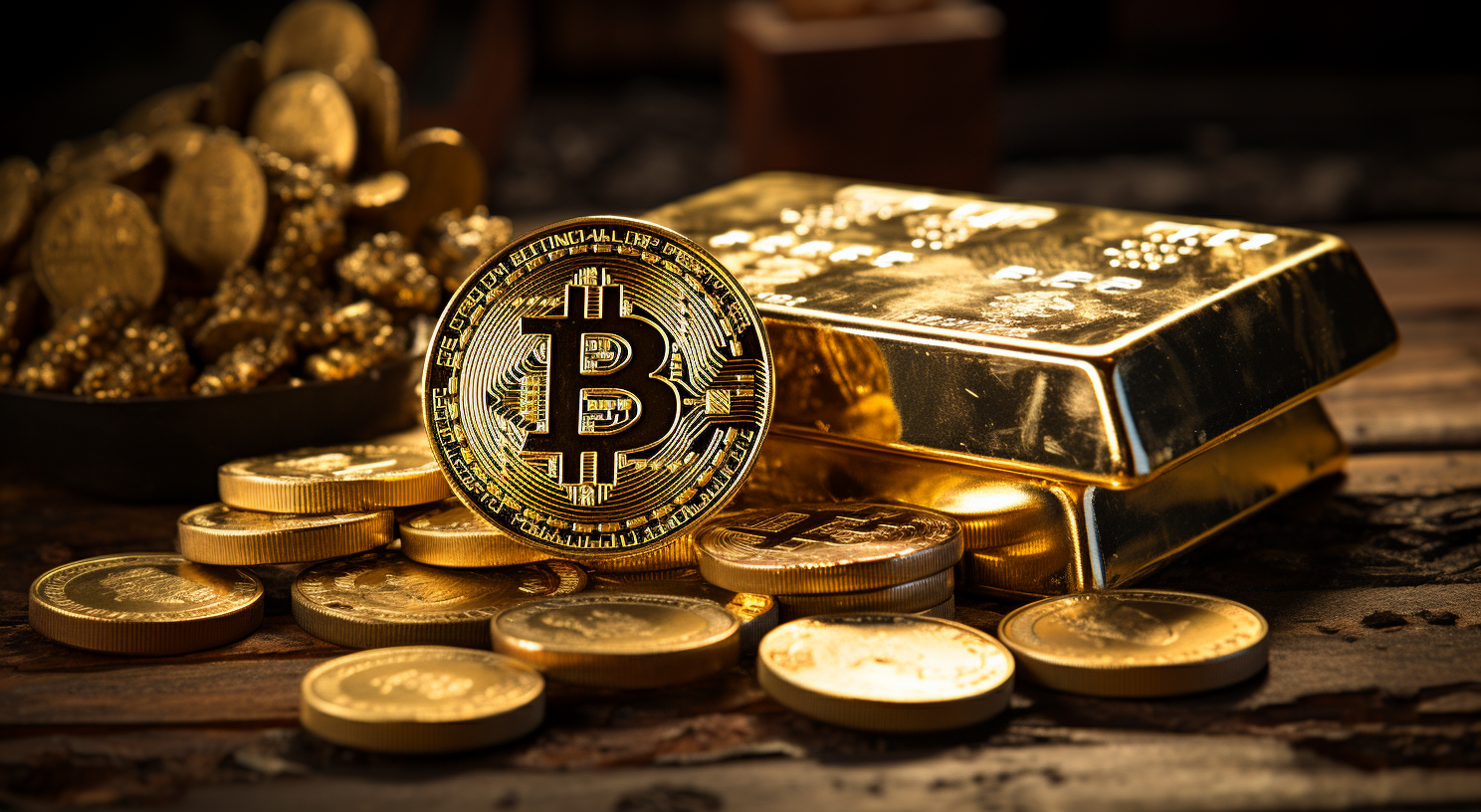
Conclusion
Gold and Bitcoin, representing the old and the new, each come with their set of advantages and challenges. While gold's history and stability make it a trusted asset, Bitcoin's innovative technology and potential for disruption position it as a contender in the financial landscape.
The choice between the two ultimately hinges on individual preferences, risk appetite, and investment goals. The decision of whether Gold or Bitcoin shouldn't be seen as an 'either or' question - but rather realizing these are assets from two different eras', the old world and the new world and both should really be part of an investor's well-diversified portfolio.

